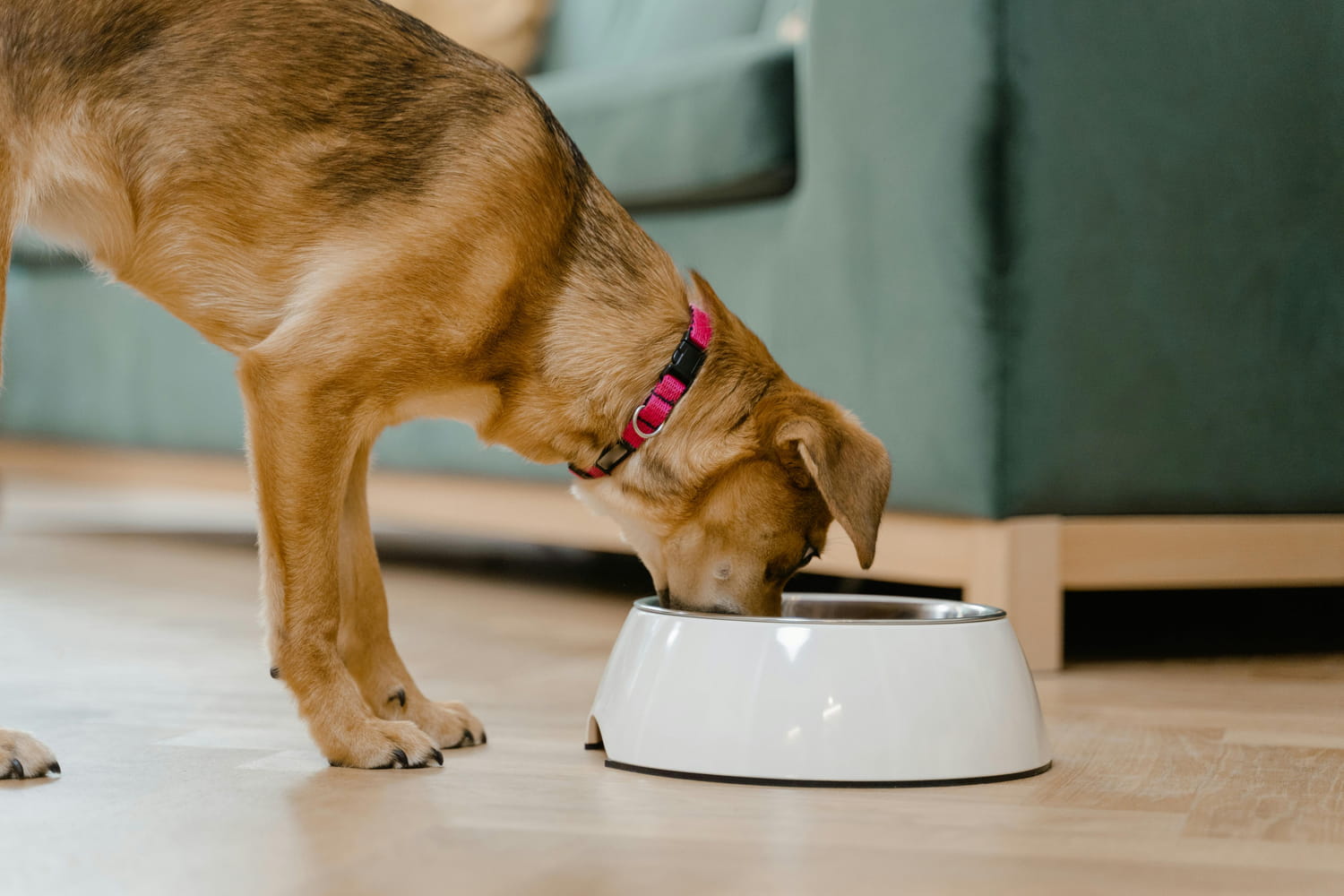Certain foods on most family tables are strongly not recommended by veterinarians. They can cause serious disorders, up to acute pathologies requiring emergency management.
Over the years, dog eating habits have evolved, often under the influence of human behavior. The dog is increasingly considered to be a full member of the family, which leads to an increasing tendency to include it in moments of meals, or even to offer them. But this food proximity, if it starts from a benevolent intention, also has risks. Some foodstuffs are actually full of additives, aromas, spices or fat in excessive quantities. Compounds tolerated by the human organism, but which can be dangerous for animals. Specialized animal health platforms, such as Pet MD, regularly sound the alarm on the subject.
The danger comes mainly from the presence of certain condiments, including garlic, onion or even pepper, all deemed toxic to dogs, even in low doses. Doctor Jerry Klein, a chief veterinarian of the American Kennel Club, explains that some of these ingredients can damage the red blood cells and cause violent digestive disorders. And according to Pet MD, these condiments are found in a particularly criticized food and above all very appreciated by our four -legged companions.
It is meat and especially sausage. Whether it is lamb, pork or beef, these meats contain not only too much salt and fat for the canine organism, but also seasonings (such as garlic or onion) which can cause serious disorders. The sausages can make your dog very sick and should never be shared with him “underlines Pet MD. The message is worth for all their variants, be it grilled sausages, Vienna sausages or crumbs recovered from the plate. Even if some seem less spicy or more “natural”, they are nonetheless unsuitable for the real needs of the dog. The level of fat also increases the risk of pancreatitis, an acute inflammation of the particularly painful pancreas.
Moreover, unlike certain received ideas, it is not always the most fragile breeds that are the most vulnerable. Some very robust dogs in appearance can develop severe intolerance, simply because a seasoning or a preservative present in the product does not pass the digestive barrier. In the most serious cases, vomiting, diarrhea or an unusual reduction may appear. If these clinical signs are observed after a meal containing this type of product, specialists advise to quickly consult a veterinarian.









